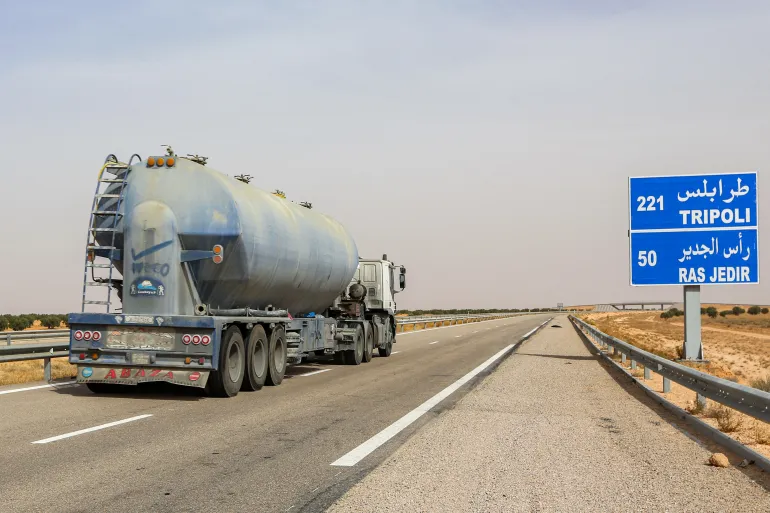Three pharmaceutical giants are about to put an end to their investments in Tunisia, in a series of bad economic news that continued to flow in Tunisia led by a President who is more into empty rhetoric than taking action to avert the financial collapse of the country.
So far, local subsidiaries of Bayer, GSK et Novarti would shut down their Tunisia plants, according to a pharmaceutical industry union (Sephire).
The Tunisia business of Pfizer could also follow suit if the government does not intervene to help the sector, Sephire president Amine Zaghdoudi told Tunisian news agency TAP.
Pharmaceutical investors point to the government’s failure to pay medicine manufacturers in the country. The government owes them 243 million dollars so far.
The departure of the three big pharmaceutical manufacturers from Tunisia is also due to “serious financial, administrative and governance dysfunctions,” Zaghdoudi added.
The crisis of the Tunisian pharmaceutical sector is reflective of the crumbling finances in the North African country where a lack of foreign exchange reserves curbed imports and created shortages of various vital goods.
The list of shortages has expanded to cover petrol, diesel, sugar, bottled-water, flour, coffee as well as fruits and vegetables to mention but necessities.
The lack of sugar in the country has hit many factories of yoghurt, soft drinks and biscuits causing job losses that are expected to surge as the country fails to improve its financial balances.
Credit rating agencies rank Tunisia’s default risk as high, sending a discomforting message to suppliers.
Morgan Stanley warned, earlier this year, that Tunisia was heading for a default, unless a financing agreement is concluded very soon with the IMF.
Without an IMF deal, Morgan Stanley projects the debt pile will continue to balloon until it exceeds the size of the country’s economic output in 2025.



